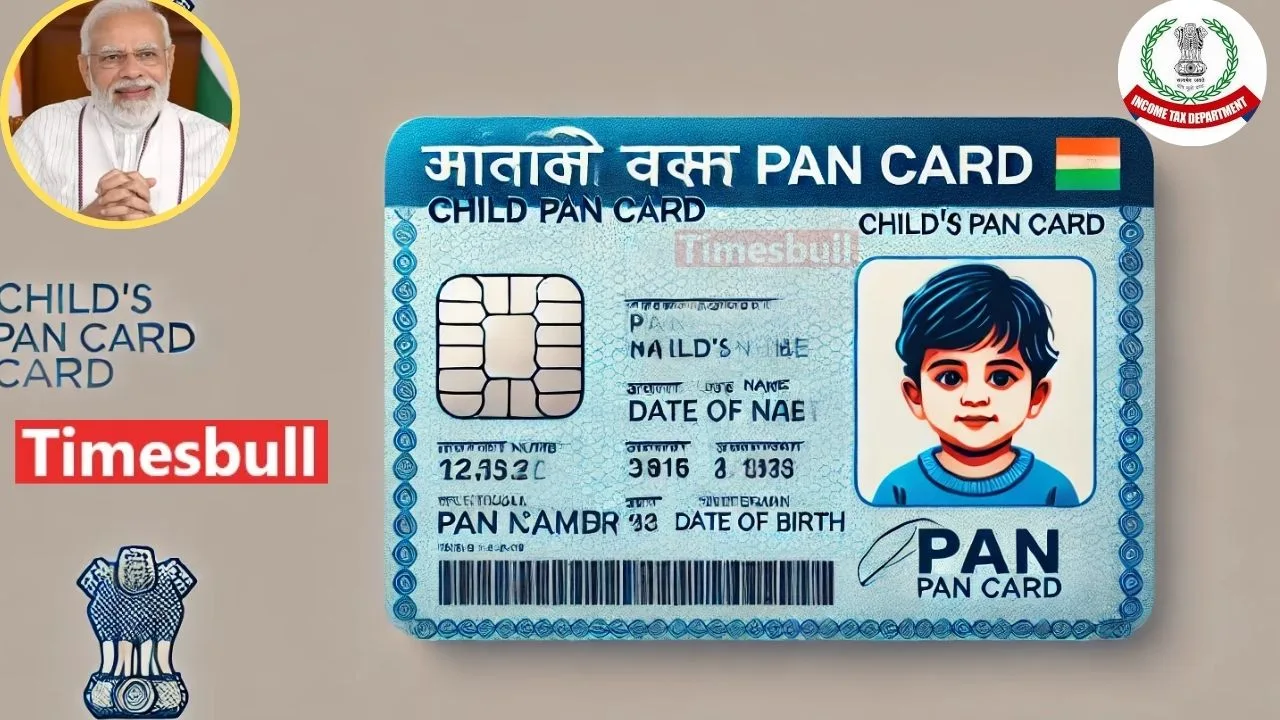In India, having a Permanent Account Number (PAN) card is essential for availing various government benefits and financial services. It is one of the most important documents required for accessing financial services offered by both government and private entities. Most working individuals possess a PAN card as it is mandatory for opening an Employees’ Provident Fund Organisation (EPFO) account. However, did you know that you can also apply for a PAN card for your children?
Uses Of PAN Card
A PAN card is required to open a bank account, or demat account, take a loan, buy property, invest in bonds, and access other financial services offered by the government. It is also accepted as valid identity proof. Parents often apply for a PAN card for their children if they want to include their child as a nominee in their investments or invest in the child’s name.
Typically, a person applies for a PAN card when they turn 18, similar to opening a bank account. However, you can apply for a PAN card for children under 18 years of age, with the child’s parents being the only ones allowed to apply on their behalf.
How to Apply for a PAN Card for Children in India
Here’s how to apply for a PAN card:
Step 1: Visit the official website of National Securities Depositories Limited (NSDL).
Step 2: Enter the required details.
Step 3: Select the category for ‘PAN card for minors.’
Step 4: Pay the PAN card registration fee of ₹107 and submit the application form.
The most important thing to note is that only parents can apply for a PAN card for their children. Once the application is submitted, you will receive a receipt number to track your PAN card application. Typically, the PAN card reaches the provided address within 15 days of verification.
Required Documents:
- Address and identity proof of the minor’s parents.
- Address and identity proof of the applicant (the guardian).
- The guardian can submit an Aadhaar card, ration card, passport, driving license, or voter ID as proof of identity.
- For address proof, you can submit an Aadhaar card, post office passbook, property registration document, or domicile certificate.
